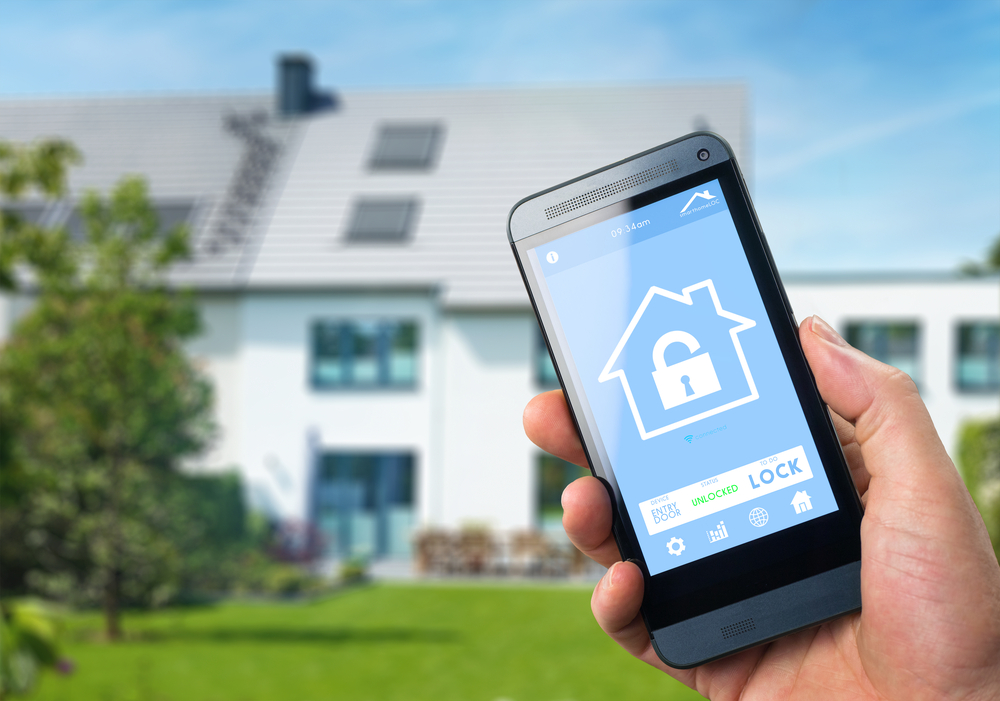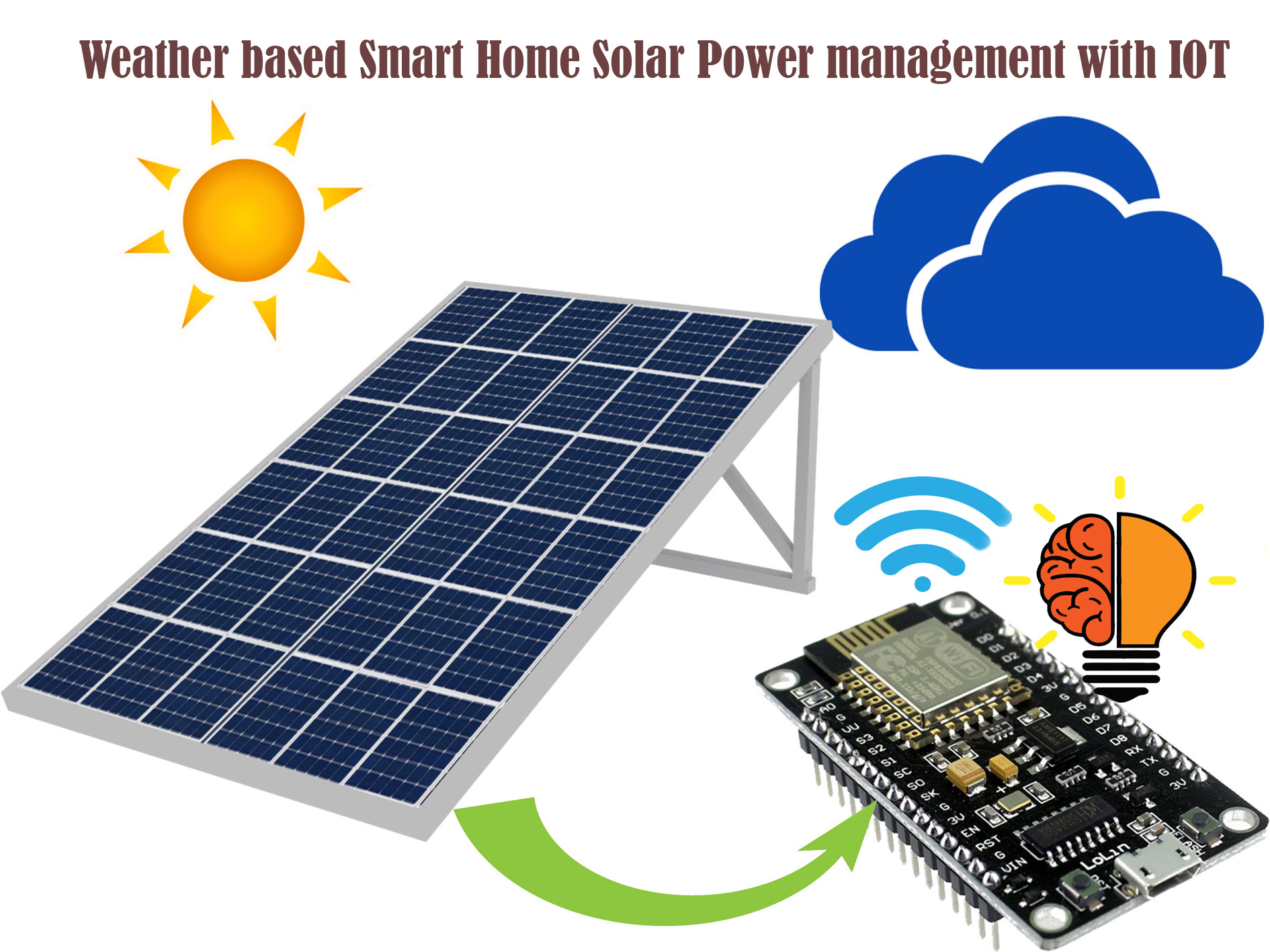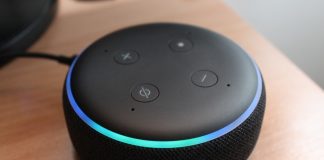
With the latest technological development, owning a smart home solar system is not as far off as you might think. The solar industry is changing fast as more and more companies join the market in developing smart solar products with great features and functionality. Usually, these smart products are purposely designed to integrate storage monitoring, PV and control. This helps create an energy-efficient smart home where everything functions and works together to reduce energy bills for homeowners by maximizing energy efficiency.
Therefore, the future of smart home solar is mainly on intelligent energy management. Smart home solar allows you to manage electricity consumption and your appliances intelligently. This ensures that your home is operating efficiently while maximizing its energy use. Moreover, smart home solar will also enable you to understand when to start the dryer, run the dishwasher, as well as when to begin pre-heating your oven.
Usually, a real smart home integrates storage and PV to help maximize energy efficiency in all the operations in the house. The ability to control the time and amount of use is essential in achieving maximum energy efficiency in your home
How to Operate a Smart Home

Ideally, a smart home comprises of interconnected components for efficient energy and optimal control. This is important in achieving the following:
- Complete home energy management
- Maximum energy efficiency
- Elimination of demand charges
- Reduction in peak power demand
- Net zero independence from utilities
A battery storage inverter is one of the major components in a smart home as it acts as the interface between the high-voltage battery and the PV inverter. The high-voltage battery is also an important part of a smart home solar system. It can be charged by the PV system during the day and then discharged when the electricity rates are usually higher, or the sun is down. Besides, self-consumption utilizing battery helps reduce high power levels drawn from the grid, thus prevents demand charges from the utility.
The other essential component in a smart home is a PV inverter. It is advisable to ensure that the battery and inverter work in complete alignment for the effective operation of the smart home. A cloud monitoring system is the other important component as it provides a homeowner with great access to control features as well as essential information. The system allows for rapid diagnosis of any potential issues and central management of PV system data, which helps save the homeowner money and time.
Usually, a smart home has the ability to activate main electrical appliances automatically to use affordable power at the most convenient time of the day. This helps prevent demand charges that result from the power usage of the major appliances in the evening. Some of the major appliances that can be controlled in a smart home include solar thermal pumps, dryers, water heaters, washing machines and much more.
Finally, the other smart solar component that you might find valuable in your smart home is an electric charging station for your vehicle. A solar vehicle charging station is a natural fit in smart homes. Besides, the charging system offers the opportunity to save additional cost as it shares infrastructure with a number of components in the smart home solar system such as the batteries. The homeowner can also use the battery of the electric vehicle for separately compensated grid services or as an additional electricity storage system, like dcbel r16 Home Energy Station functionates.
The Benefits of Integrating Smart Home Technology with Solar Panels
Smart Home solar offers numerous benefits that help enhance the comfort and energy efficiency in your home. Some of the major advantages include:
- Smart technology enables you to optimize how the solar energy generated by the solar panels is utilized throughout your home.
- Allows you to intelligently monitor the total energy production and consumption in your home. With smart technology, you can easily check this information straight from your smartphone any time.
- Provides an easy and convenient way to save energy. By integrating smart technology with your solar panels, energy saving is just a touch away.
- Smart technology offers a convenient and straightforward way to control the consumption of power in your home. You can do almost everything from powering down non-essential devices or appliances, switching off the lights, turning off the heating system or arming the alarm.
Why You Should Consider Investing in Solar Energy

The solar energy helps reduce the individual carbon footprint in your home as utilizes “green” technology with the use of their renewable energy. Solar based products also help save money on your monthly electricity bills in your smart home. Smart home solar also offers efficient and quiet operation, as they do not feature any moving parts.
In addition, smart solar products usually require little or even no attention at all, as they are self-maintaining. Most smart homes are equipped with various unique solar products that are purposely designed to deliver an overall enhanced lifestyle and ease of operation using harmless and safe solar powered solutions.
Major Benefits of Solar Energy
- It is sustainable and free energy
- Helps reduce your individual carbon footprint
- No harm to the environment as it gives off zero emissions
- Provides power even in remote areas
- Relatively affordable
- Requires little maintenance as it is self-maintaining
- Silent operation
Major Types of Solar Panel Technology
Monocrystalline
Monocrystalline solar panels offer the highest efficiency. Besides, their solar performance is slightly above that of polycrystalline solar panels and also provides a longer lifespan than them. Monocrystalline solar panels are built with single crystal silicon, thus the name.
Polycrystalline
Polycrystalline solar panels are the most popular panels in most homes today. These polycrystalline panels have a long life span, durability and great performance to ratio. They are built using polysilicon.
Thin Film Panels
Thin film panels have a shorter lifespan than monocrystalline and polycrystalline panels but offer a better performance under low lighting conditions such as cloudy weather. These panels are built using micro and amorphous crystalline as well as with less silicon than polycrystalline and monocrystalline panels.
Conclusion
Smart home solar will allow you to leave for work and set appliances to run during the day since solar energy is affordable. The PV system generates clean solar power that it uses to preset loads while storing the excess electricity in the battery for later use. This offers a safe and reliable way to power all the major appliances, without inflating the energy bills. Besides, smart home solar includes smart products that allow for comfortable and convenient control and management of power consumption.

Denis is an article/blog and content writer with over 7 years of experience in writing on content on different niches, including product reviews, buyer’s guide, health, travel, fitness, technology, tourism. I also have enough experience in SEO writing.


















